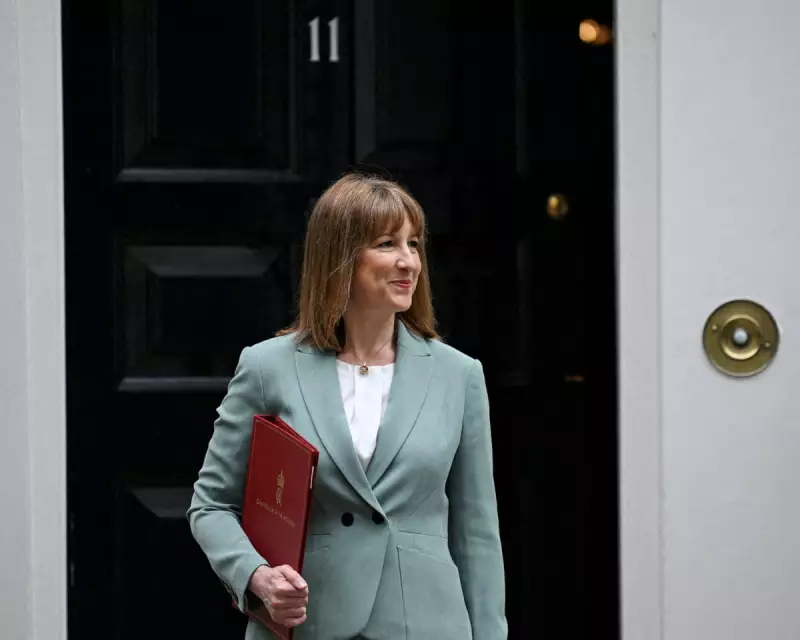
Chancellor Rachel Reeves is set to dramatically scale back subsidies for eco-friendly heat pumps in her upcoming budget, a move that will see hundreds of thousands of homeowners lose financial support for green energy upgrades.
Budget Measures Target Energy Bill Reductions
The Treasury plans to restrict heat pump subsidies so that only households receiving certain benefits will remain eligible, sharply reducing government costs while targeting support toward those most in need. Current subsidies can reach up to £7,500 per installation, but government sources argue these payments have largely benefited middle-class families who could afford the transition without taxpayer support.
Reeves and Prime Minister Keir Starmer have been actively seeking methods to fulfil their election pledge of cutting energy bills by £300 annually, with current plans aiming for an average reduction of £170 per household each year. The political motivation stems from growing concerns that the persistent high cost of living is driving voters toward Reform UK.
Funding Shift from Bills to Government Programme
Central to the chancellor's strategy is removing energy efficiency levies from household bills and funding them through the government's existing £13 billion warm homes plan. This approach will involve wrapping the Energy Company Obligation (ECO) subsidies into the broader warm homes programme, which supports insulation and boiler schemes for a wider segment of the population.
The ECO scheme currently assists low-income households living in properties with poor efficiency ratings, requiring either a household income under £31,000, receipt of specific benefits, or having long-term health conditions. The scheme has recently faced criticism after a report found nearly all external insulation installed under its remit required repairs or replacement due to poor workmanship.
Industry Experts Voice Concerns
Energy industry specialists warn that reducing support for heat pumps will slow the transition from gas boilers to cleaner, though more expensive, alternatives. Sam Alvis, head of energy and environment at the Institute of Public Policy Research, commented: "The urge to get bills down is the right one, everything should be on the table."
However, Alvis cautioned: "The risk here is that, like winter fuel payments, the additional benefit of cutting support schemes for clean technology isn't noticed by the majority, but really is by those that lose out."
Leo Vincent, senior policy adviser at the E3G thinktank, offered stronger criticism: "If this is really what the government is planning, it is robbing Peter to pay Paul. This is a disastrous sticking plaster 'solution' that would let down working families across the country who need the security of predictable and low bills."
Vincent further warned the move would leave Britain vulnerable to fossil fuel market fluctuations, jeopardise thousands of jobs, and undermine the UK's climate action plans.
Additional Savings Measures
The budget will also include removing the 5% VAT charge on domestic energy bills, costing the Treasury an estimated £2.5 billion annually while saving consumers approximately £86 per year on average. Another measure targets middle-class benefits through capping funding for the cycle to work scheme, preventing workers from purchasing expensive tax-free bicycles through the programme.
Senior government officials acknowledge concerns about potential political fallout from Reeves's plans to raise income tax, hoping that energy bill reductions will help reassure financially strained voters. The Treasury has declined to comment on the budget preparations.
The changes signal a significant shift in green energy policy, prioritising immediate cost-of-living relief over broader climate transition support, while concentrating assistance on lower-income households facing the greatest financial pressure from high energy costs.





